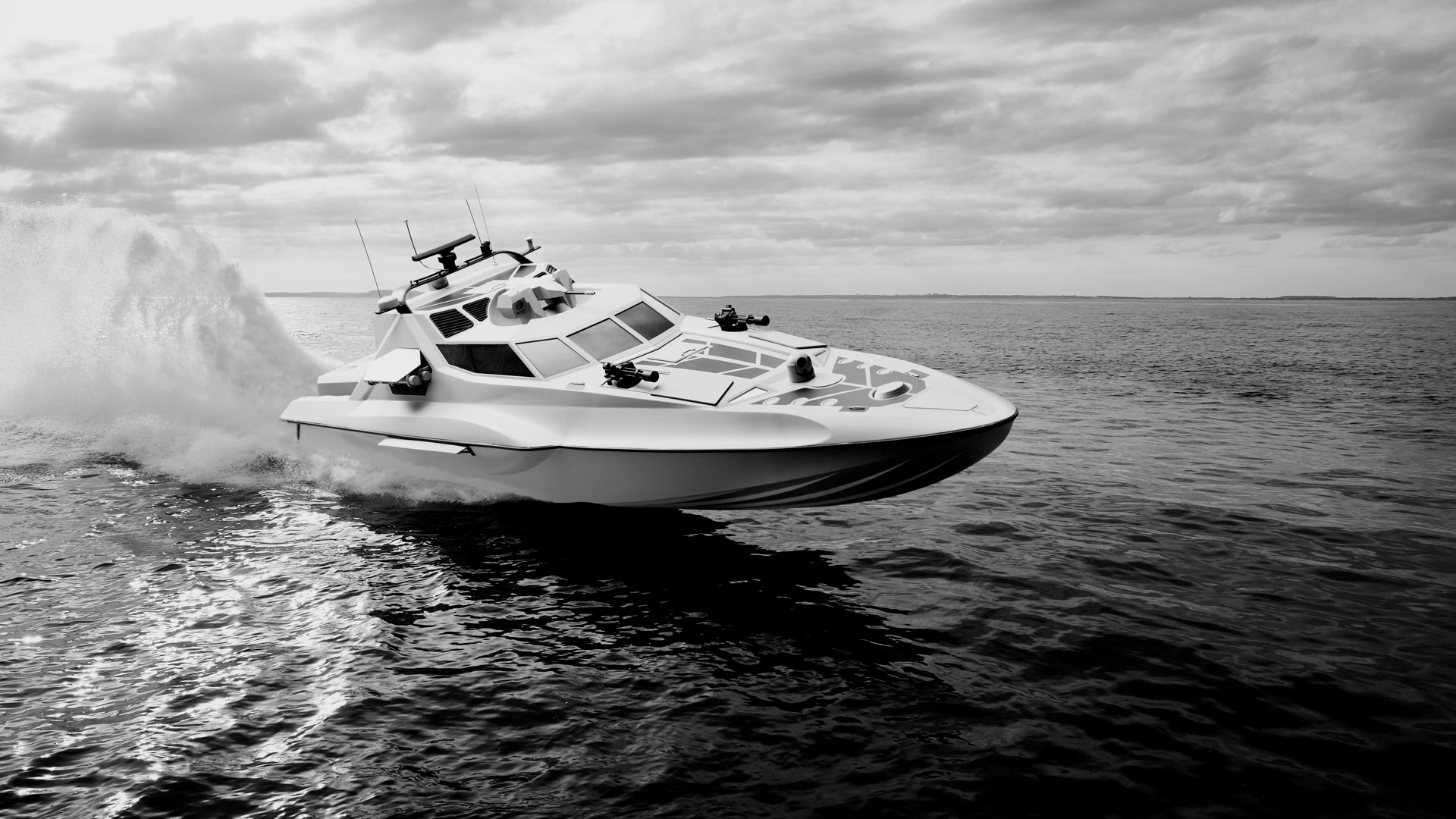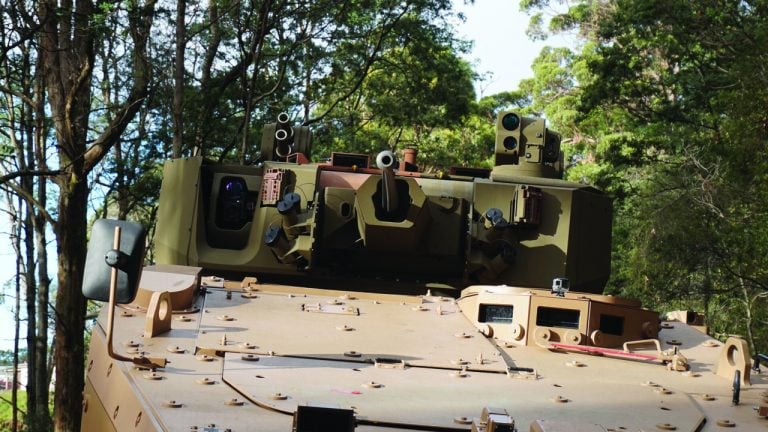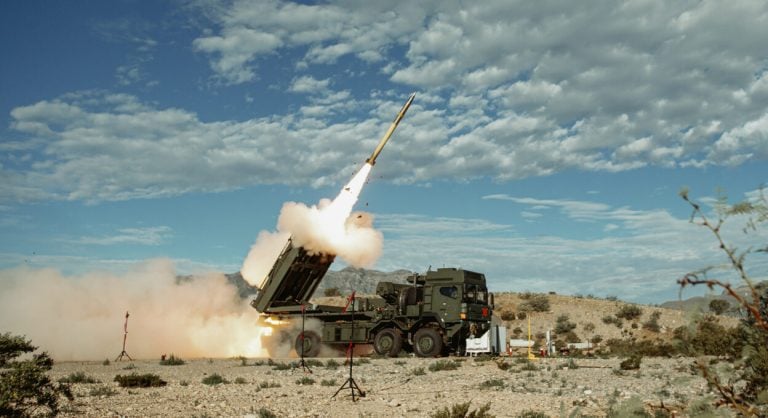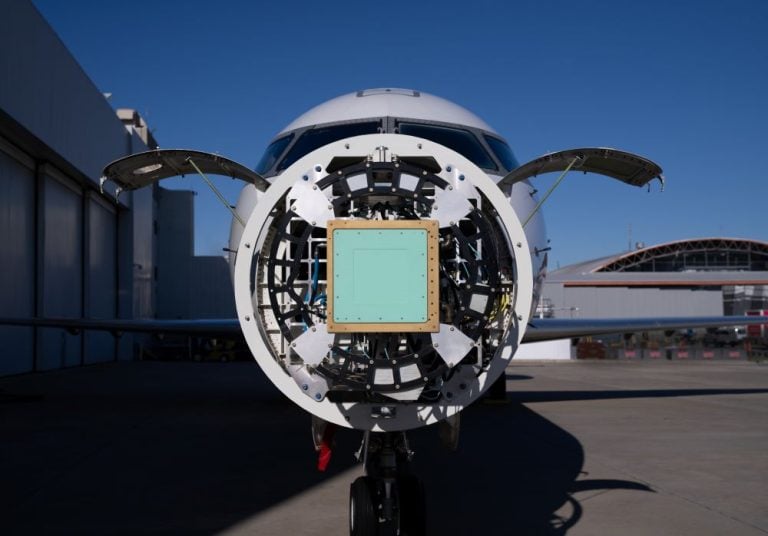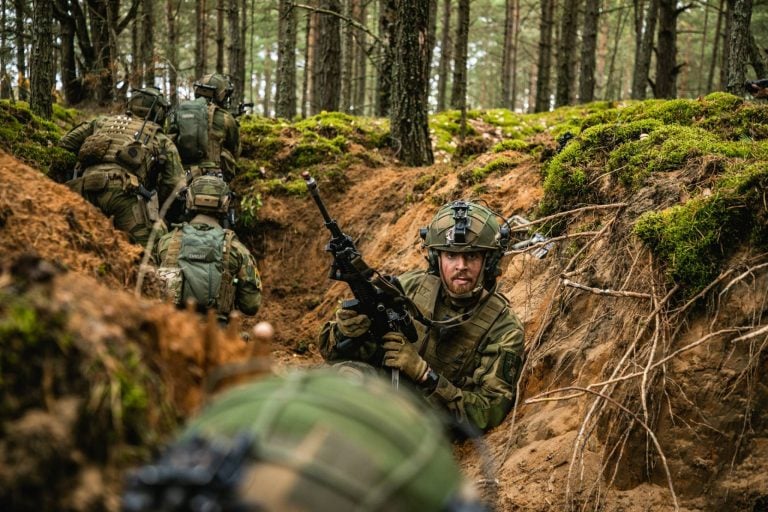A new partnership between British defense contractor Kraken Technology and German shipbuilder NVL Group aims to accelerate the development and production of unmanned surface vessels, catering to the increasing global demand for uncrewed platforms for both military and civilian applications. This collaboration is particularly focused on enhancing the protection of critical infrastructure.
As part of the joint venture, NVL Group intends to leverage its expertise in naval systems fabrication and integration, while Kraken Technology will utilize NVL’s production capabilities to expand its high-performance, cost-effective autonomous solutions. NVL has already invested in Kraken and maintains options to participate in an additional funding round scheduled for the fourth quarter of 2025.
Production for the joint venture will take place at NVL’s Blohm+Voss shipyard in Hamburg, coupled with established facilities in the UK, ensuring a strong presence in both the German and wider European markets. The consortium plans to produce a variety of autonomous vessels, beginning with smaller boats and progressing to larger platforms, with manufacturing expected to commence later this year.
This Anglo-German cooperation responds to contemporary security challenges by integrating both autonomous and crewed systems, reflecting an evolution in naval operations characterized by manned-unmanned teaming. NVL CEO Tim Wagner emphasized that the partnership would enable rapid adaptation to customer requirements, facilitating the quick delivery of market-ready autonomous systems in significant volumes. He highlighted the potential for concepts involving the naval tender vessel NTV 130, which could serve as a drone mothership to eventually replace the six ELBE-class tender vessels currently in service with the German Navy.
Kraken Technology CEO Mal Crease reinforced the collaborative effort, stating that the partnership would equip allied nations with fully sovereign, autonomous maritime capabilities. He underscored that working with NVL would allow for exponential enhancements in production and supply chain management, effectively addressing rising threats through the deployment of advanced, multi-role maritime capabilities.
